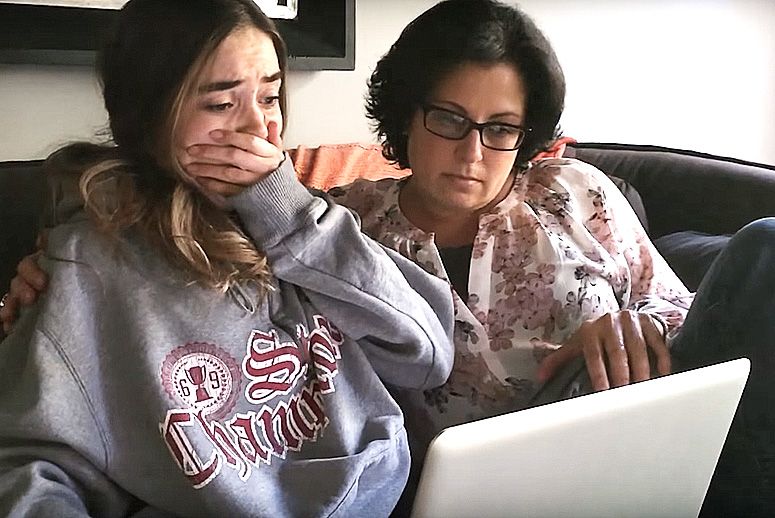by Ashia Ajani
Trigger warning: sexual assault, rape
I am on the Yale shuttle. I’m scrolling through Facebook aimlessly, when a video my friend shared catches my eye. The title is “See the College Acceptance Letter That’s Shocking High School Seniors”. Nothing more, nothing less. It is decision season, so I’m intrigued. I open the video to see tearful high schoolers elated that they got into the college of their dreams. A crying girl reads the acceptance letter out loud: “be prepared for a challenging year ahead that will include losing your virginity to a rapist.”
For a few moments, I can’t breathe. My face feels numb. I count down from ten four separate times. I do this more often than I’d care to admit. I’ve just saved myself from an anxiety attack with time to spare before I have to be alert and ready to participate in section.
This video was inspired by a letter entitled “The Unacceptable Acceptance Letter” printed in The Harvard Crimson by two companies, an advertising agency and a production company respectively, whose creative teams thought it would “be an authentic way to expose the dark truth that so many colleges hide.”
In this case, I have to wonder if authentic became synonymous with violent to these companies. As active participants in the broader “Don’t Rape” campaign, it is interesting and rather frightening to see the dynamic shift from attacker to victim. Is this a greater call for awareness, or just a way to scare and emotionally scar students? It’s hard for me to believe that my response to the video was unique.
For survivors of sexual assault, this video can be a painful reminder of events that transpired.There is no tact in the presentation of the video, and the students’ reactions are horrifying to watch.
The creative team, Petruccelli and Cooke, says that they don’t want to scare students, just “arm them with facts that will keep them safe.” Then why are students reading phrases like “violently raped in a basement,” “third victim,” and telling young children that “they’re next” once the letter is completed?
Sexual assault on college campuses is endemic. The statistics from the Campus Climate Survey on Sexual Assault and Sexual Misconduct are shocking and telling of how survivors don’t trust their universities to take cases of sexual assault seriously.
However, I don’t think a video of people who aren’t explicitly stated as survivors of sexual assault does anything more than terrify incoming freshman, invalidate the work that survivors are conducting on their respective campuses, and uses the stories of survivors at the survivors’ expense.
Perhaps I’m just sensitive. The creative team does plan to feature stories of actual survivors….in the future of the campaign. Their hearts are in the right place (I can only assume). But something still throws me off.
There isn’t even a trigger warning attached to the article or the video.


